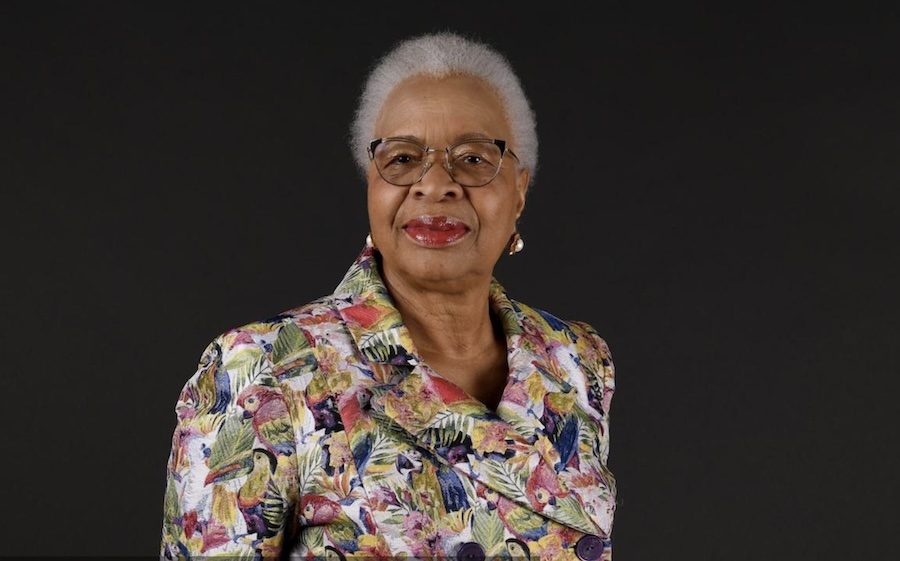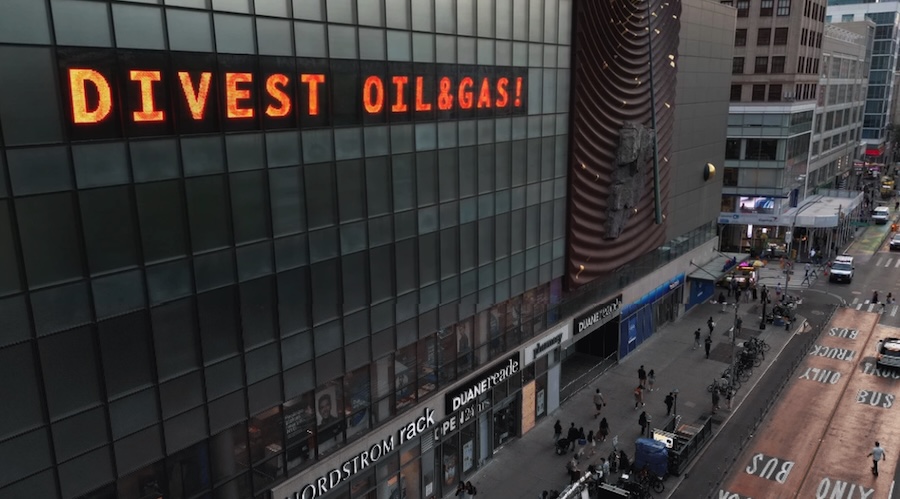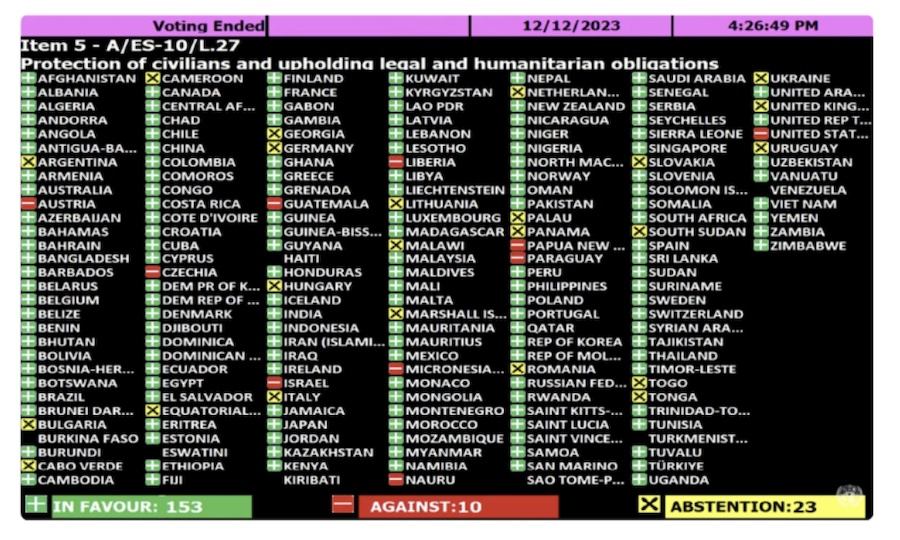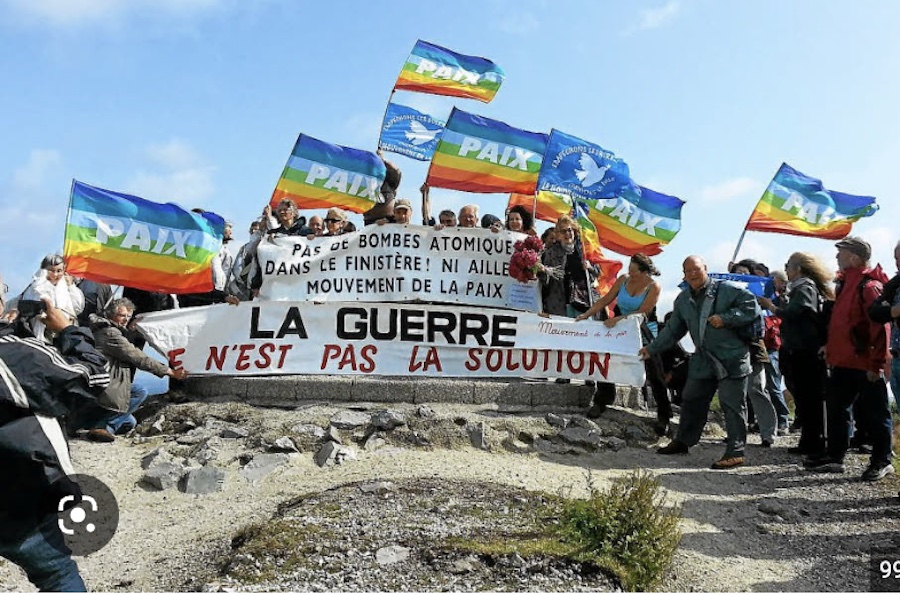FREE FLOW OF INFORMATION . .
An article from Samidoun, Palestinian Prisoner Solidarity Network
Samidoun Palestinian Prisoner Solidarity Network urges all Palestinian, Arab and international supporters of Palestine to escalate their organizing and struggle to stand with the heroic Palestinian resistance and confront colonial Zionist genocide and imperialist complicity and involvement. (The list below will be constantly updated at least once a day – please share the link with your friends and comrades!)

These events are organized by many groups around the world — wherever possible, we link to the original organizers so that you can be in direct contact!
NOTES:
- This list is for action-oriented/outdoor/protest actions specifically. Check out our events listings for the webinars, discussions and meetings we’re involved in!
- Direct actions like those by Palestine Action are some of the most important and material actions of resistance and solidarity taking place — but they are typically not announced in advance, and those that are not announced in advance are not listed here!
- We know that these events are mainly international and that the Arab people are marching everywhere for Palestine – we will be honored to add more Arab events whenever we are informed!
- Times and details may change. Wherever we have it, we have linked to the original organizers’ accounts, posters and pages. Please follow these for the latest information – and don’t hesitate to send us updates!
- List below is ordered by date, then by country in alphabetical order in English, then by city in alphabetical order in English.
TO ADD YOUR EVENT TO THE CALENDAR: Email us at samidoun@samidoun.net or tag us on social media!
BAHRAIN
- MANAMA, BAHRAIN – Mon Jan 1, 3 pm, Society HQ, Adliya. Info: https://www.instagram.com/p/C1cugXHrYhX/
IRELAND
- DERRY, IRELAND – Mon Jan 1, 11 am, Iniscarn Forest, Magherafelt (Hike For Gaza). Info: https://www.instagram.com/p/C1B1QZVoUmN/
UNITED STATES
- COLORADO SPRINGS, CO (US) – Mon Jan 1, 12 pm, Acacia Park Stage. Info: https://www.instagram.com/p/C1ayXdrsiRy/
- LAS VEGAS, NV (US) – Mon Jan 1, 11 am, Charlie Frias Park, 4801 S Decatur (Car Caravan). Info: https://www.instagram.com/p/C1Z0tv5RqcY/
- NEW YORK, NY (US) – Mon Jan 1, Flood JFK for Gaza. By car: 12 pm, Canarsie Pier; By food: 2 pm, JFK Terminal 4 Departures. Info: https://www.instagram.com/p/C1cpYLrgZfJ/
- NEW YORK, NY (US) – Mon Jan 1, 4:30 pm, 720 W 181st St (Vigil). Info: https://www.instagram.com/p/C0Ie0s2Nil2/
- VIRGINIA BEACH, VA (US) – Mon Jan 1, 5 pm, Neptune’s Park (Vigil). Info: https://www.instagram.com/p/C1bpAY-OWHK/
UNITED STATES
-
ALAMEDA, CA (US) – Tues Jan 2, 6:30pm, 2263 Santa Clara Ave, 3rd Floor, City Council Chambers. Info: https://www.instagram.
com/p/C1XdROOP_cv/?img_index=2 - ATHENS, GA (US) – Tue Jan 2, 6 pm, City Hall. Info: https://www.instagram.com/p/C1LaMgJrTQ_/
- LAWRENCE, KS (US) – Tue Jan 2, 5 pm, City Hall. Info: https://www.instagram.com/p/C1abrplJvAU/
- NEW YORK, NY (US) – Tue Jan 2, 4 pm, NE Corner 5th Ave and 44th St, Brooklyn. (Vigil). Info: https://www.instagram.com/p/C0KsY8PvCwp/
AUSTRALIA
- MPARTNWE, AUSTRALIA – Wed Jan 3, 8 am, Marion Scrymgour’s office, 9 Stuart Tce. Info: https://www.instagram.com/p/C1bpwZOxghY/
ENGLAND
- SHENSTONE, ENGLAND – Thurs Jan 4, 11 am, UAV Engines, Lynn Lane, Lichfield. Info: https://www.instagram.com/p/C1NJnAoIpXr/
NETHERLANDS
- ALMERE, NETHERLANDS – Thurs Jan 4, 6 pm, Central Station. Info: https://www.instagram.com/p/C1chr-Ro_aR/
- EINDHOVEN, NETHERLANDS – Thurs Jan 4, 6 pm, Central Station. Info: https://www.instagram.com/p/C1chr-Ro_aR/
- UTRECHT, NETHERLANDS – Thurs Jan 4, 6 pm, Central Station. Info: https://www.instagram.com/p/C1anUyINnSr/
- ZWOLLE, NETHERLANDS – Thurs Jan 4, 5:30 pm, Central Station. Info: https://www.instagram.com/p/C1chr-Ro_aR/
SPANISH STATE
- BENIOPA, VALENCIA – Thurs Jan 4, 7:30, plaza del centro de Salud. Info: https://www.instagram.com/p/C1Vi-9JNily/
- MADRID, SPAIN – Thurs Jan 4, 6:30 pm, Plaza de las Provincias, outside Ministerio de Exteriores. Info: https://www.instagram.com/p/C1aLEMrKsWL/
UNITED STATES
- PHOENIX, AZ (US) – Thurs Jan 4, 12:30 pm, Phoenix (Location TBA Jan 3.) Info: https://www.instagram.com/p/C1YC_IDPHLw/
AUSTRALIA
- ADELAIDE, AUSTRALIA – Fri Jan 5, 7 pm, Rundle Mall (Vigil). Info: https://apan.org.au/event/adelaide-vigil-for-palestine/
NETHERLANDS
- ROTTERDAM, NETHERLANDS – Fri Jan 5, 6 pm, Schouwburgplein. Info: https://www.instagram.com/p/C1MuddNNy7f/
SOUTH AFRICA
- CAPE TOWN, SOUTH AFRICA – Fri Jan 5, 6 pm, Tennyson Street Mosque, 68 Tennyson St, Salt River. Info: https://www.instagram.com/p/C1bU706tHLD/
UNITED STATES
- COLORADO SPRINGS, CO (US) – Fri Jan 5, L3Harris Picket, 4450 E Fountain Rd. Time TBA. Info: https://www.instagram.com/p/C1ayXdrsiRy/
- NEW YORK, NY (US) – Fri Jan 5, 9 am, 67-12 Rockaway Beach Blvd. Info: https://www.instagram.com/p/C0PI4ICuEFz/
- ST PAUL, MN (US) – Fri Jan 5, 4 pm, Summit and Snelling Aves.
AUSTRALIA
- CANBERRA, AUSTRALIA – Sat Jan 6, 1 pm, Garema Place. Info: https://www.instagram.com/p/C1Tmi9jyT6x/
ENGLAND
- LONDON, ENGLAND – Sat Jan 6, central London, time and location TBA. Info: https://www.instagram.com/p/C1XrXe-IocW/
GERMANY
- LEIPZIG, GERMANY – Sat Jan 6, 2 pm, Willy-Brandt-Platz. Info: https://www.instagram.com/p/C1UvaJHMT0M/
- MUENSTER, GERMANY – Sat Jan 6, 2 pm, Hauptbahnhof. Info: https://www.instagram.com/p/C1Z7DlWMCrd/
(continued in right column)
Presenting the Palestinian side of the Middle East, Is it important for a culture of peace?
(continued from left column)
SWEDEN
- GOTHENBURG, SWEDEN – Sat Jan 6, 2 pm, Gustav Adolfs Torg. Info: https://www.instagram.com/p/C1Euht9MLE7/
UNITED STATES
- PHOENIX, AZ (US) – Sat Jan 6, 4 pm, Roosevelt and Central. Info: https://www.instagram.com/p/C1VuvsjL6XW/
- NEW YORK, NY (US) – Sat Jan 6, 1:330 pm, Grover Cleveland Playground, Stanhope St and Grandview Ave, Ridgewood, Queens. Info: https://www.instagram.com/p/C1BA2JOt-Gr/
- NEW YORK, NY (US) – Sat Jan 6, 12 pm, NE Corner 5th Ave and 44th St, Brooklyn. (Vigil). Info: https://www.instagram.com/p/C0KsY8PvCwp/
- PITTSBURGH, PA (US) – Sat Jan 6, 1 pm, Rep Chris Deluzio’s office, 11 Duff Road, Penn Hills. Info: https://www.instagram.com/p/C1Pur9yrQNw/
- SEATTLE, WA (US) – Sat Jan 6, Time and Location TBA. Info: https://www.instagram.com/p/C1BYQhCLH6t/
AUSTRALIA
- ADELAIDE, AUSTRALIA – Sun Jan 7, 2 pm, Parliament House. Info: https://apan.org.au/event/adelaide-free-palestine-protest/
- MELBOURNE, AUSTRALIA – Sun Jan 7, 12 pm, State Library. Info: https://www.instagram.com/p/C1WglXXR0Dt/
- PERTH, AUSTRALIA – Sun Jan 7, 4 pm, Forrest Place. Info: https://www.instagram.com/reel/C1cfPENPG-F/
CANADA AND QUEBEC
- SECHELT, BC (CANADA) – Sun Jan 7, 11:30 am, Davis Bay Wharf (Vigil).
DENMARK
- COPENHAGEN, DENMARK – Sun Jan 7, 2 pm. National demo, location TBA. Info: https://www.instagram.com/p/C1Crw51M5FT/
NETHERLANDS
- GRONINGEN, NETHERLANDS – Sun Jan 7, 2 pm, Grote Markt. Info: https://www.instagram.com/p/C1PALbjo19m/
UNITED STATES
- ANNAPOLIS, MD (US) – Sun Jan 7, 12 pm, Lawyers Mall, 100 State Circle. Info: https://www.instagram.com/p/C1a4GebtFH4/
- COLORADO SPRINGS, CO (US) – Sun Jan 7, 12 pm, Bijou Bridge. (Banner Drop). Info: https://www.instagram.com/p/C1ayXdrsiRy/
AUSTRALIA
- WERRIBEE, AUSTRALIA – Mon Jan 8, 6 pm, Eagle Stadium, 35 Ballan Rd (Vigil). Info: https://apan.org.au/event/werribee-peace-prayer-vigil/
UNITED STATES
- NEW YORK, NY (US) – Tues Jan 9, 4 pm, NE Corner 5th Ave and 44th St, Brooklyn. (Vigil). Info: https://www.instagram.com/p/C0KsY8PvCwp/
- SALT LAKE CITY, UT (US) – Tues Jan 9, 7 pm, City Council Meeting. Info: https://www.instagram.com/p/C1JqyjaraFD/
AUSTRALIA
- DANDENONG, AUSTRALIA – Wed Jan 10, 6:30 pm, Dandenong Library, Info: https://apan.org.au/event/dandenong-free-palestine-protest/
UNITED STATES
- ANNAPOLIS, MD (US) – Wed Jan 10, 6:30 pm, Lawyers Mall, State Circle (Vigil)
AUSTRALIA
- COFFS HARBOUR, NSW, AUSTRALIA – Fri Jan 12, 7 pm, Coffs Harbour Foreshore (Vigil). Info: https://apan.org.au/event/coffs-harbour-sunset-vigil/
UNITED STATES
- ST PAUL, MN (US) – Fri Jan 12, 4 pm, Summit and Snelling Aves.
AUSTRALIA
- ALTONA BEACH, VIC, AUSTRALIA – Sat Jan 13, 11 am, Altona Beach (Kites for Palestine). Info: https://bukjeh.org/etn/fly-a-kite-for-gaza/
- CANBERRA, AUSTRALIA – Sat Jan 13, 1 pm, Garema Place. Info: https://www.instagram.com/p/C1Tmi9jyT6x/
ENGLAND
- LONDON, ENGLAND – Sat Jan 13, 12 pm, Central London, location TBA. Info: https://www.instagram.com/p/C1XaMtJM3od/
IRELAND
- DUBLIN, IRELAND – Sat Jan 13, 1 pm, Garden of Remembrance. Info: https://www.ipsc.ie/protest/emergency-protests-for-palestine-around-ireland
SPANISH STATE
- BETERA, VALENCIA – Sat, Jan 13, 5 pm, Ayuntamiento de Betera. Info: https://www.instagram.com/p/C1ISqjUN2ir/
SWITZERLAND
- BASEL, SWITZERLAND – Sat Jan 13, Time and Location TBA. Info: https://www.instagram.com/p/C1SKrsKIS9J/
UNITED STATES
- WASHINGTON, DC (US) – Sat Jan 13, 1 pm, National Mall, 1600 Constitution Ave NW. Info: https://www.instagram.com/p/C1Adiawutqe/
AUSTRALIA
- MELBOURNE, AUSTRALIA – Sun Jan 14, 12 pm, State Library. Info: https://www.instagram.com/p/C1WglXXR0Dt/
CANADA AND QUEBEC
- SECHELT, BC (CANADA) – Sun Jan 14, 11:30 am, Davis Bay Wharf (Vigil).
UNITED STATES
- FORT COLLINS, CO (US) – Tues Jan 16, 6 pm, City Hall West, 300 W Laporte Ave. Info: https://www.instagram.com/p/C1U93ohOgji/
HAWAI’I
- HONOLULU, HAWAI’I – Sun Jan 28, Time and Location TBA. Info: https://www.instagram.com/p/C1Q6KRfOSnN/
AUSTRALIA
- MELBOURNE, AUSTRALIA – Thurs Feb 29, 2 pm, State Library (Student Protest for Palestine). Info: https://www.instagram.com/p/C1JJpq6LShT/








